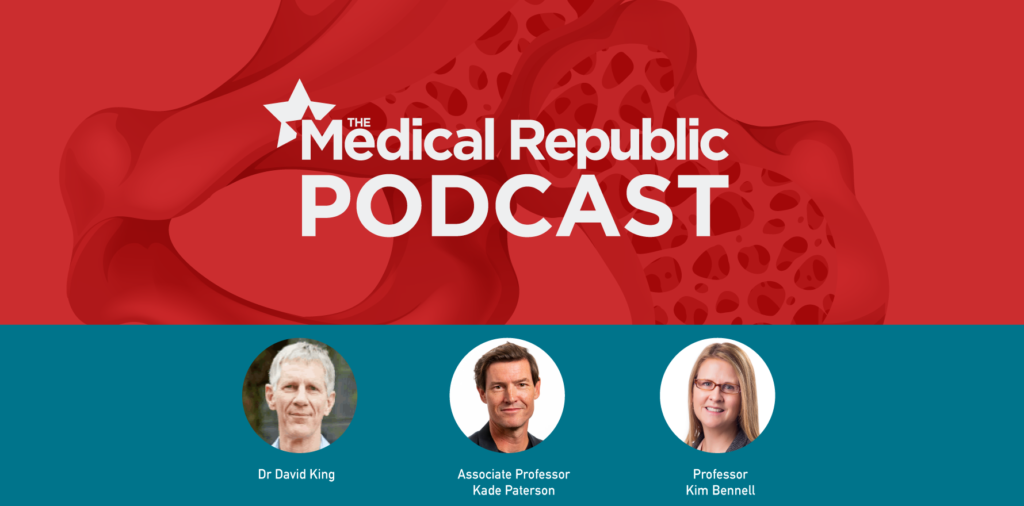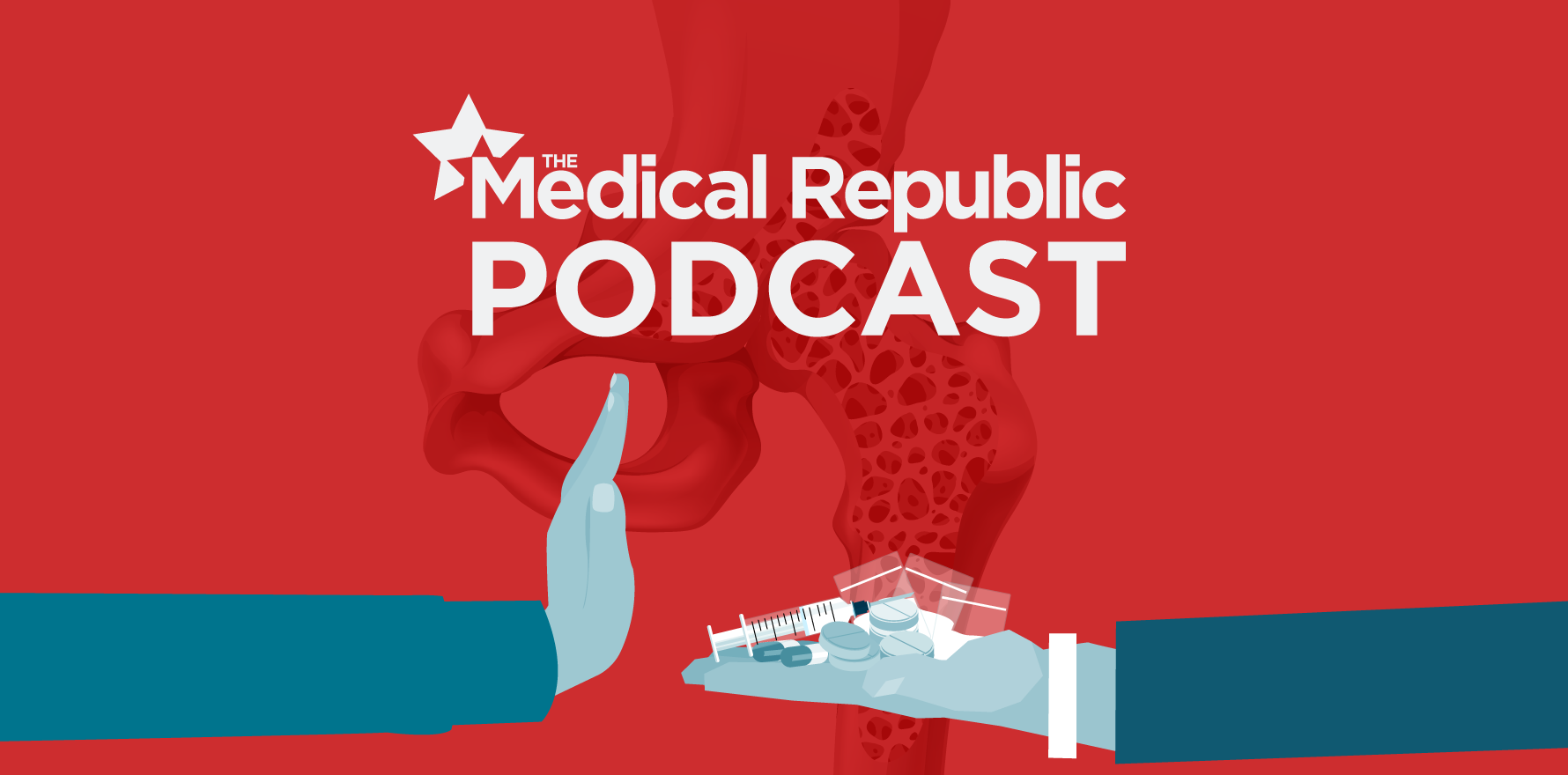First do no harm: non-drug and non-surgery options that work for osteoarthritis patients.
When the choice is between writing a script for pain killers and a 45-minute consultation about weight management, which one do you choose?
According to Associate Professor Kade Paterson, University of Melbourne, scripts for pain killers and referrals to orthopaedic surgeons are unnecessarily common for patients with osteoarthritis (OA).
Professor Paterson says everyone who has osteoarthritis should be offered some sort of therapeutic exercise that suits them, and his fitness focus is backed by evidence.
“We see very positive outcomes from the three approaches: exercise, weight management and education. All have been shown to be clinically effective at reducing both pain and function,” Professor Paterson says.

Professor Kim Bennell is director of the Centre for Health, Exercise and Sports Medicine at University of Melbourne. She says that the kind of language clinicians use with OA patients is important. Focusing on the person, rather than the joint, is shown to be clinically effective in improving a patient’s willingness to take up exercise, she says.
“Using language that talks with optimism about the effective, different treatments out there,” is a small change that is relatively easy to make says Professor Bennell.
General practitioner Dr David King also advocates for non-drug and non-surgical treatments to be prescribed first. He’s on the RACGP’s project team for the Handbook of Non-Drug Interventions (HANDI).
“HANDI is designed to be a similar resource as a pharmacopia for drugs – just like when we look up, say Australian Medicine Handbook, we can get an idea of the indication and the dose of the non-drug intervention and any contraindications and size of benefits,” he said.
Guests also discuss when ACL surgery is best, why young girls are at risk and what gets in the way of a doctor trying non-drug treatments first.
Resources:
OA treatment resources from the Centre for Health, Exercise and Sports Medicine.
You can listen and subscribe to the show by searching for “The Medical Republic” in your favourite podcast player.


